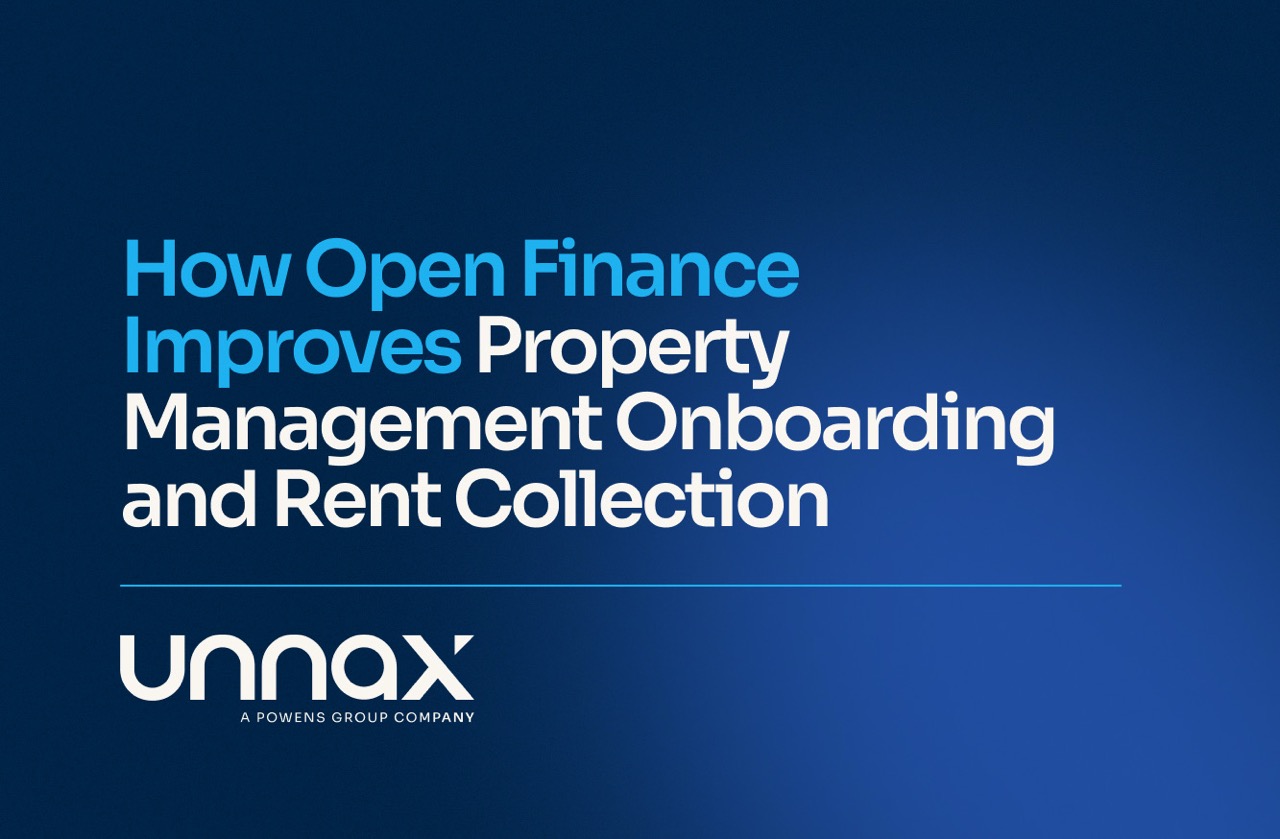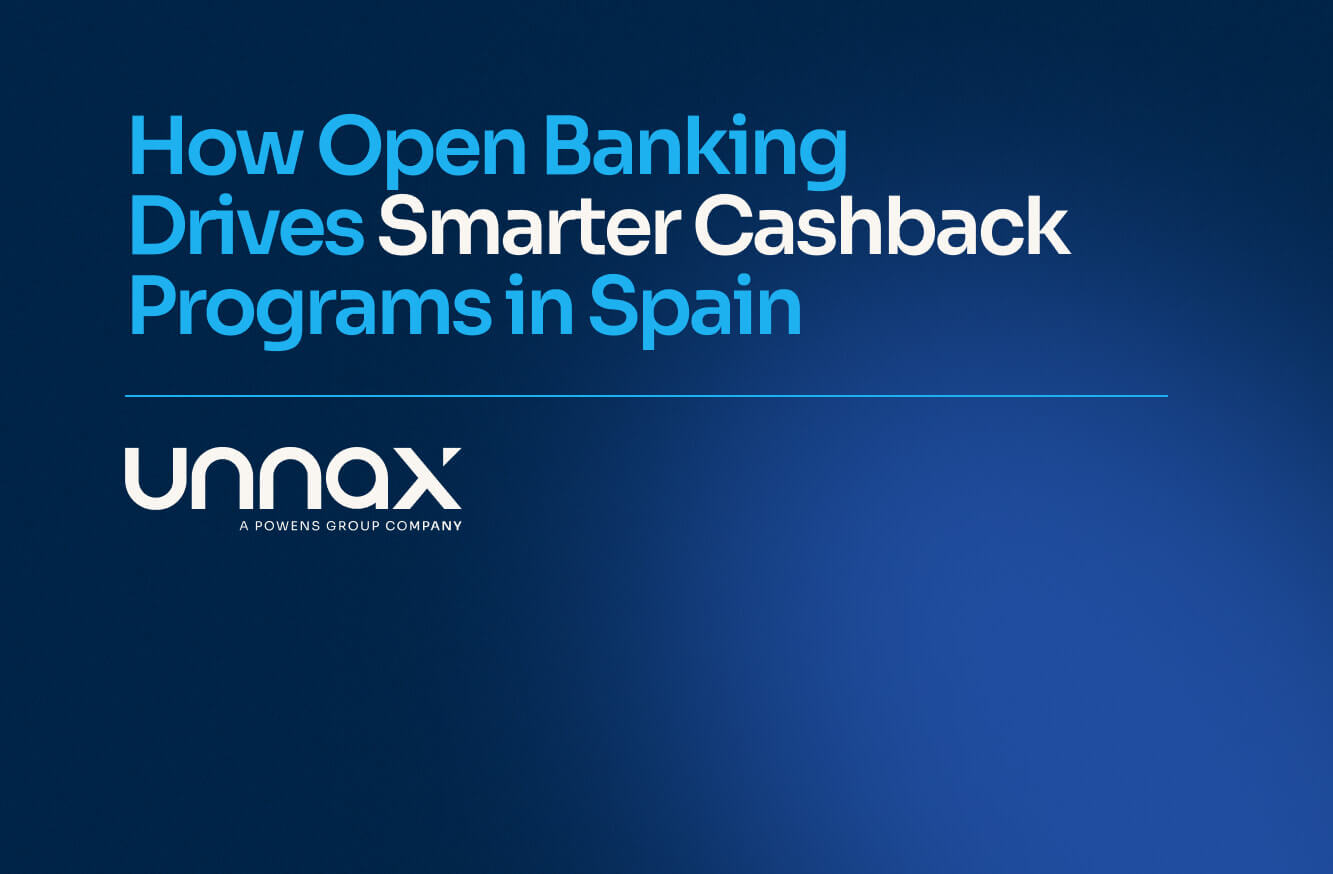On this blog, we’ve discussed the changes that the revised European Payment Services Directive (PSD2) will bring about for consumers, whether companies or individuals. Changes that, although the regulation hasn’t been fully implemented yet (the new technical standards approved by the European Banking Authority won’t go into effect until September), is already beginning to be noticeable on several fronts: the number of financial services offered by non-banking companies is growing every day; and with the increased competition, customers have more options to choose their provider based on the quality or price of the product or service.
A new player: third party payment service providers (TPP)
While the PSD was created to standardise the payments market in the European Union, PSD2 aims to facilitate shared rules and transparency in terms of the new situation generated by increased online commerce and transactions, and by the emergence of new electronic devices and their use to make payments, etc. One of the main changes resulting from the new PSD2 is that banks are obligated to give third parties access to their clients’ accounts, with prior authorisation from the account holders. It therefore regulates what are known as third party payment service providers, or TPPs, allowing them to provide clients with financial services on an even playing field with traditional banks.
There are two types of services offered by TPPs and, therefore, two types of providers. These are account information services (AIS) and payment initiation services (PIS). The former are provided by account information service providers (AISP) and the latter, by payment initiation service providers (PISP). New players, outside of the traditional banking setting, for which a huge window of opportunity is opening up to develop novel, and even disruptive, services.
PISP: paying with money in your bank account, without going through your bank
What PSD2 does, among other things, is to separate the entity that holds the client’s money (money linked to a bank account or credit card), the bank, from the entity that moves that money (with the client’s authorisation). Now these two figures don’t have to be the same entity.
As we’ve seen, a PISP (which could be a FinTech company or another type of business that uses analogue technological instruments) allows clients or consumers to, for example, acquire goods or services online without intermediaries (previously, electronic payment providers had to “call” the client’s credit card company to have them charge the account). The buyer only has to authorise, for example, an online shop to initiate payment from the account they have with a financial institution. Here the bank is merely the “container” for the money linked to the account and the card.
The battle to provide value-added services
Apart from the regulation (PSD2), it is technology that is making this new financial-services paradigm possible. Both FinTech companies and banks themselves are using what is known as APIs (application programming interfaces), which is a series of instructions and code used to communicate, allowing for simple, effective integration between different programs. This is going to be the tool of choice for banks to meet the provisions of the new payments regulation (giving AISPs and PISPs access to data requested). But, at the same time, it will mean the various FinTech companies and banks are competing, through APIs, to innovate in terms of the services offered and to bring value added: from more competitive prices to more personalised services and more user-friendly interfaces, etc.
This way, platforms, like Unnax, that provide companies with tools for easy (and risk-free) access to clients’ financial data become catalysts for a change in payment models (both for businesses and individuals). If being part of this change is a strategic part of your business future, don’t hesitate to come by and learn more about our products.









